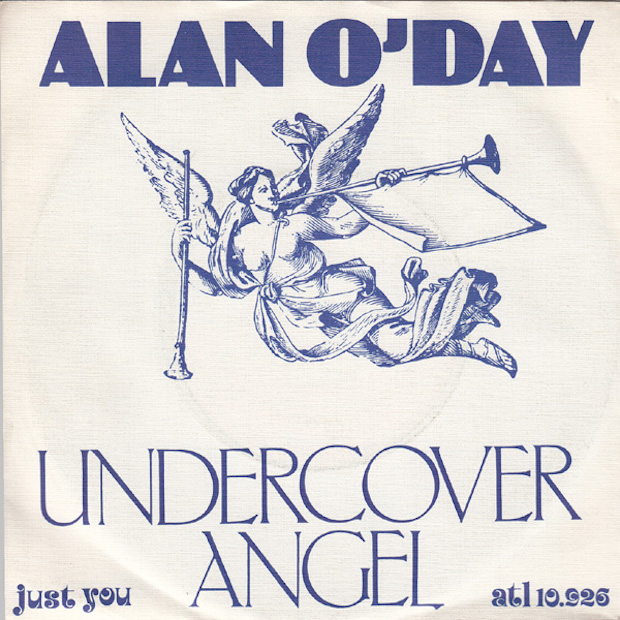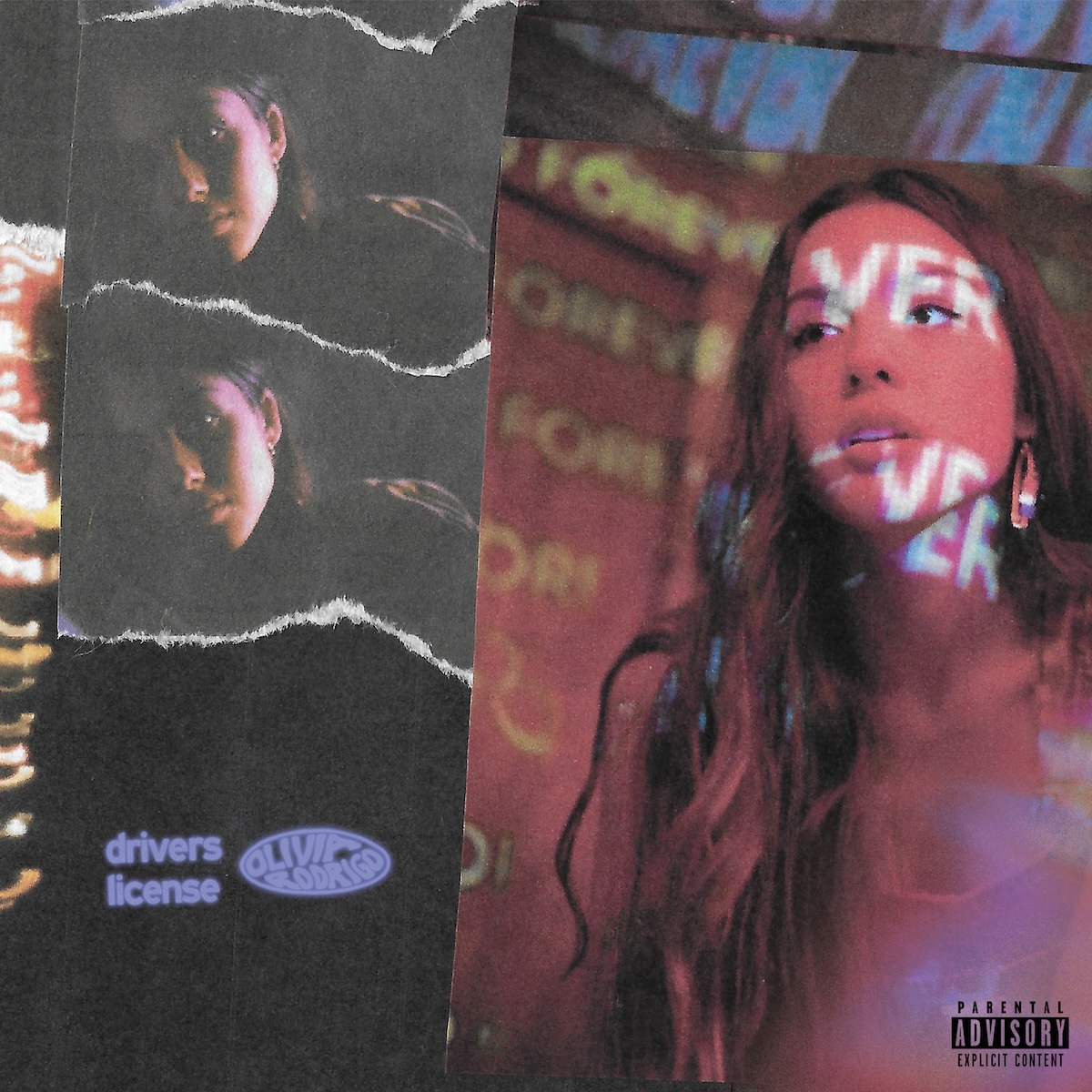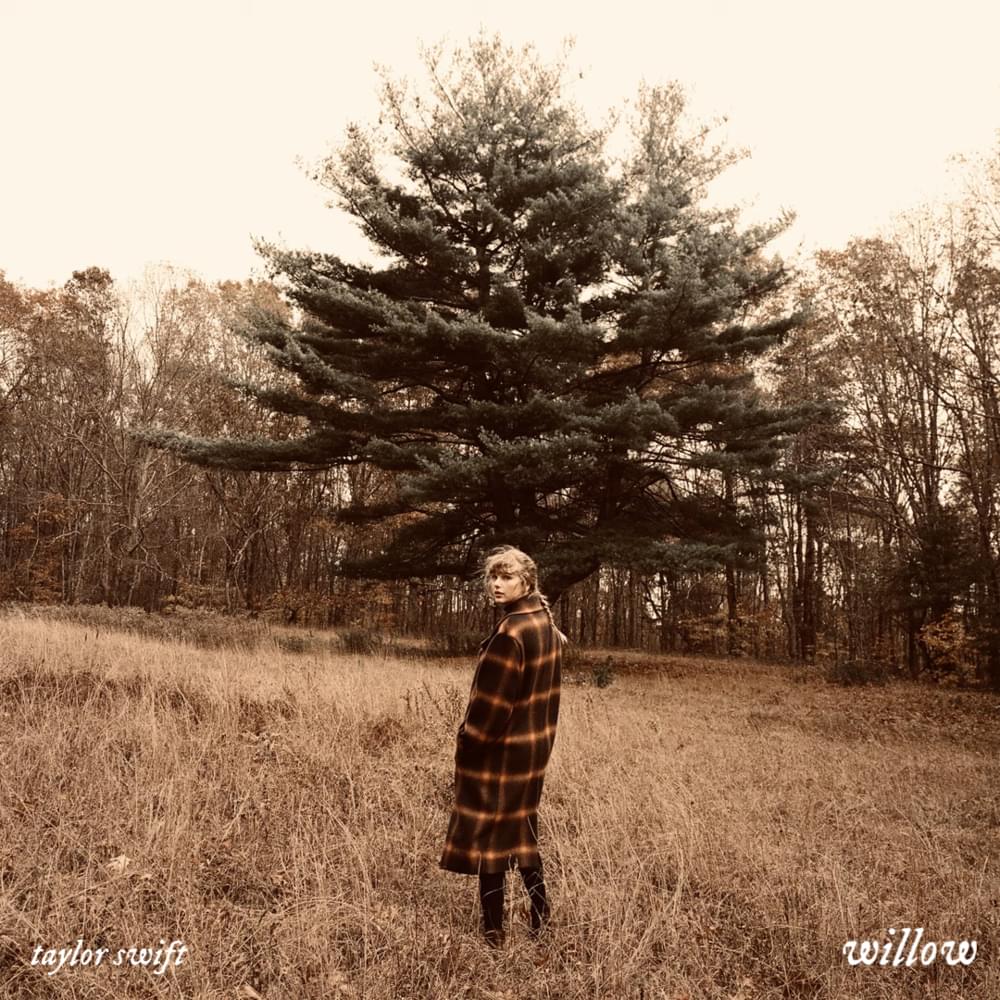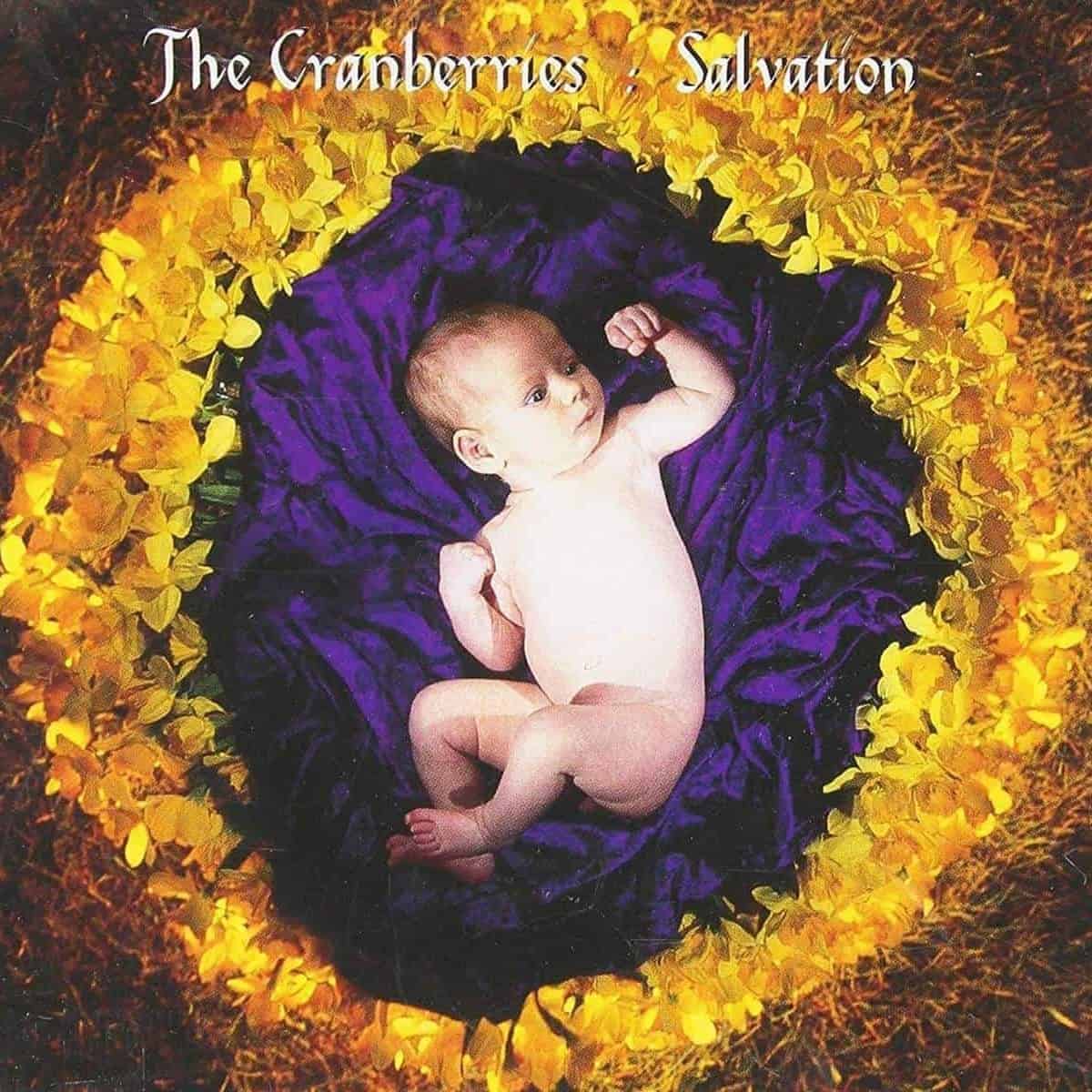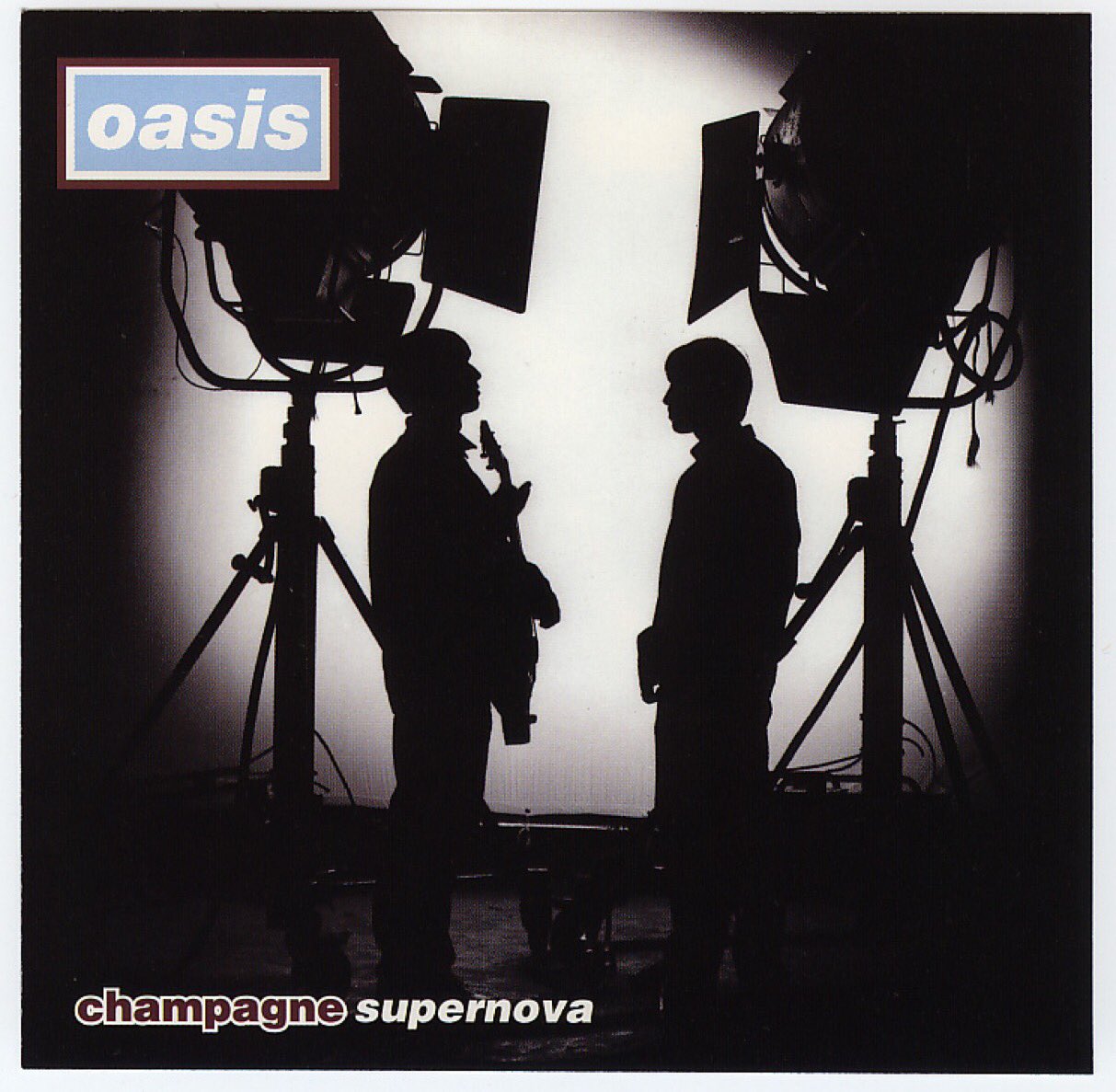In The Number Ones, I'm reviewing every single #1 single in the history of the Billboard Hot 100, starting with the chart's beginning, in 1958, and working my way up into the present.
Alan O'Day - "Undercover Angel"
HIT #1: July 9, 1977
STAYED AT #1: 1 week
Sorry to disappoint, but "Undercover Angel" is not a story-song about a seraphim who infiltrates a devious ring of devils or mafia goons or whatever. There's no scene in the song where an angel has to go to her captain (God, I guess?) and complain that she's in too deep and she's losing her sense of self. The angel is not seduced by the tightknit community of devils or mafia goons, and the angel does not come to regard them as family. "Undercover Angel" does not end with a series of double-crosses, tearful confessions, and shootouts. All of those things might have been interesting.
"Undercover Angel" is, however, about as weird, and about as stupid, as that absolutely inane hypothetical thing that I just described. The angel is undercover because she's under sheets, having sex. And she's not, as far as we know, an actual winged godly being. She's "a dream who makes sweet love" -- a genie, maybe, or a hallucination.
Three years before he hit #1 with "Undercover Angel," Alan O'Day wrote another #1 single: Helen Reddy's "Angie Baby." In that song, the title character is a mentally ill girl who shuts out reality, living in the pure fantasy realm of the songs on her radio. Eventually, she uses previously-undiscovered godlike powers to make her attempted-rapist neighbor disappear into her radio waves, transforming him into a ghost and then summoning him back up whenever she wants him. Alan O'Day was into that type of shit.
In "Undercover Angel," the narrator is going to bed sad -- "crying on my pillow, lonely in my bed" -- when a vision appears to him. Some sort of succubus hallucination shows up next to him in the bed, speaking in riddles: "Wonder is your nightlight, magic is your dream." They only barely speak the same language, but they end up fucking anyway: "I said, 'Whuuut?' / She said, 'Ooh-hoo-hoo wee!' / I said, 'All right!' / She said, 'Love me, love me, love me!'" This is basically the plot of the movie Species.
But rather than killing the narrator and using his sperm to create a world-conquering alien/human hybrid, the undercover angel simply disappears from the narrator's life, happy in the knowledge that she's granted him some happiness and confidence: "She said, 'Go find the right one, love her, and then / When you look into her eyes, you'll see me again.'"
As the song ends, we learn that this whole story is part of some kind of seduction. The final verse begins thus: "Now you know my story, and girl, if it's right / I'm gonna take you in my arms and love you tonight." Or, put another way: "I have had sex with a dream-logic hallucination vision, and now I would also like to have sex with you. You will serve as a surrogate for this nonexistent woman." Is that an effective pitch? It doesn't seem like an effective pitch, but I've never tried it.
So: Alan O'Day wrote two #1 songs. Both of them are hallucinatory, sex-desperate psychodramas involving sad, lonely characters who summon willing partners out of the depths of their imagination. Both of them are about fantasy and loneliness and the ways in which those two things can interact. Both of them are also anachronistically presented as perfectly breezy, pleasant, competent middle-of-the-road '70s pop songs, which only makes them weirder.
"Undercover Angel" has a lush, thick synth tone and a simplistic not-quite-disco drum stomp and some glimmery xylophone sounds and some almost-soul backup singers. O'Day has a thin voice but a reasonably expressive one, and he does some subtle tape manipulation to make his voice sound slightly more unearthly. He sounds very, very smiley, in that '70s variety-show way. It's slick and generic pop except for the part where it's all about being sexually frustrated enough to jizz all over your empty bed.
The song only ever gets the tiniest bit strange on the pre-chorus, where O'Day has a nice Bill & Ted stupidity in his voice. Mostly, though, "Undercover Angel" could easily blur into the background if you were listening to '70s top-40 radio. The song never encourages you to listen closely, but if you didn't listen closely, you would never know how fucking strange it is.
O'Day grew up in California's Coachella Valley and fell in love with rock 'n' roll as a teenager. In the early '60s, he contributed songs to low-budget B-movies, future Mystery Science Theater 3000 fare with titles like Eegah. After a stint as a nightclub entertainer, he wrote early-'70s songs for people like Three Dog Night, Cher, and Bobby Sherman. His "Rock And Roll Heaven" became a hit for the Righteous Brothers in 1974. (It peaked at #3, and it's a 6.) Then came "Angie Baby."
As a solo artist, O'Day had released an album with the fairly hilarious title Caress Me Pretty Music in 1973. It had gone nowhere. But in 1977, Atlantic started up a sub-label called Pacific, an imprint dedicated to songwriters recording their own songs. O'Day was Pacific's first signing, and he was in his late thirties when he came up with "Undercover Angel." "Undercover Angel" turned out to be O'Day's only hit as a solo artist. The follow-up, 1978's "Started Out Dancing, Ended Up Making Love," peaked at #73, and O'Day never charted again.
In the '80s, O'Day found a new career path, working as the main songwriter for the kids' cartoon Muppet Babies. O'Day wrote dozens of songs for Muppet Babies and won himself an Emmy. Later on, he wrote for other kids' TV shows. O'Day died of brain cancer in 2013, when he was 72. To this day, he remains the only person to write two #1 hits about psychedelic fuck-fantasies and then go on to work for Muppet Babies.
GRADE: 5/10
BONUS BEATS: This one took some digging. Here's a scene from the 2011 JJ Abrams film Super 8 where some kids break into a school and learn about alien-related conspiracies while their older friend waits in the car, gets high, and listens to "Undercover Angel":
https://youtube.com/watch?v=4vb7JY7II1E
